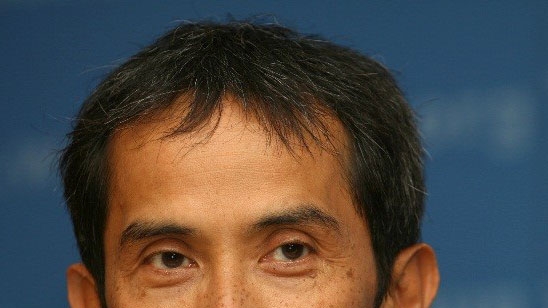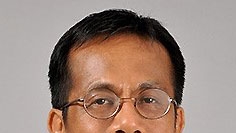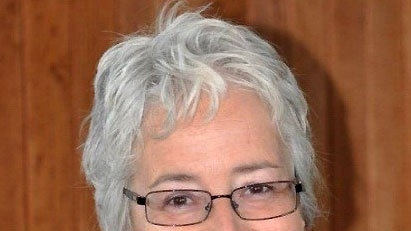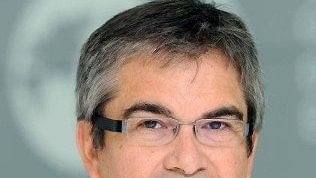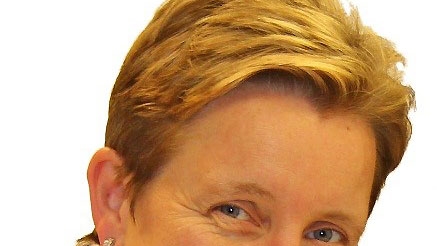Who cares about getting results in development? Everyone! But how many know how to use evidence to drive and show results? Probably not as many. The post-2015 sustainable development agenda will focus on complex challenges. Progress will rely on the capacity to design and implement the right policies and programs and to assess their effectiveness and impact. Evaluations will need to shift beyond transparency and accountability and serve as a tool for learning about how to address development challenges. Join a lively discussion among leaders in using evaluations with those producing evaluations and putting countries on pathways to evidence-based decision-making.
This session is hosted by the Independent Evaluation Group in partnership with the International Initiative for Impact Evaluation (3ie) and the World Bank Group’s Governance Global Practice.
